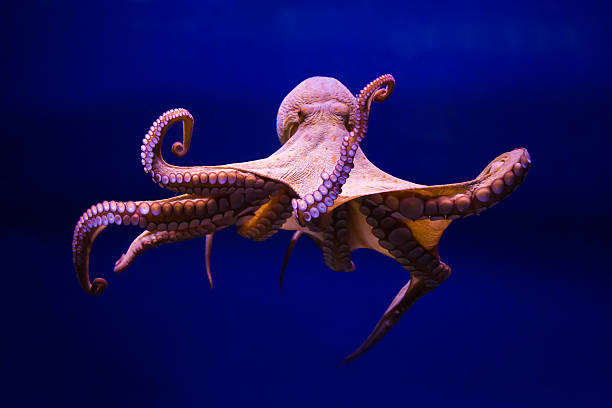Understanding the Intelligence of Octopuses: A Deep Dive
Octopuses, known for their eight arms and bulbous heads, are some of the most intriguing creatures of the deep sea. Not only are they fascinating for their unusual shape and color-changing abilities, but they are also recognized for their intelligence. This article delves into the world of octopuses, exploring their cognitive abilities, how they communicate, and what we can learn from them. So, let's dive in.

The Intellectual Octopus
Octopuses have long been recognized as intelligent animals. They possess cognitive capabilities that are not ordinarily seen in invertebrates. They have a highly developed nervous system and a complex brain that allows them to learn, solve problems, and even use tools. In various studies, octopuses have demonstrated the ability to navigate mazes, unscrew jars to get food, and camouflage themselves in response to specific threats.
The Octopus’s Unique Brain Structure
The brain of an octopus is not like that of other animals. In fact, more than half of its neurons are located in its arms, not in its brain. This decentralized nervous system allows each arm to operate semi-independently, giving the octopus an extraordinary level of flexibility and control. This unique neurological setup is believed to be a key factor in the animal’s problem-solving abilities and adaptability.
Communication and Camouflage
Octopuses are solitary creatures, but they do communicate with each other through visual signals. The chromatophores in their skin, which are special cells that allow them to change color and pattern, are used to convey messages to other octopuses. Additionally, they use these cells for amazing feats of camouflage, blending seamlessly into their surroundings to evade predators or ambush prey.
Current Research and Discoveries
Researchers continue to study octopuses to understand more about their cognitive abilities. Recent studies have shown that octopuses may have a form of short-term memory, as they can remember how to solve a task that they have previously learned. There are even ongoing studies investigating the possibility of octopuses having a form of consciousness.
The Market Impact of Octopus Research
The study of octopuses and their intelligence has potential commercial applications. Their ability to camouflage themselves has inspired research into developing materials and clothing that can change color on demand. Furthermore, their flexible, dexterous arms have prompted research into soft robotics, with the goal of creating robots that can move and manipulate objects in ways that traditional rigid robots cannot. The commercial potential for such inventions ranges from innovative fashion to advanced medical devices, which could significantly impact various markets.
In conclusion, the intelligence of octopuses is a fascinating subject that offers much to explore and learn. These creatures of the deep sea, with their unique cognitive abilities and communication methods, continue to captivate and inspire. As research continues, we can expect to uncover more about these remarkable animals and the potential applications of their abilities in our world.




